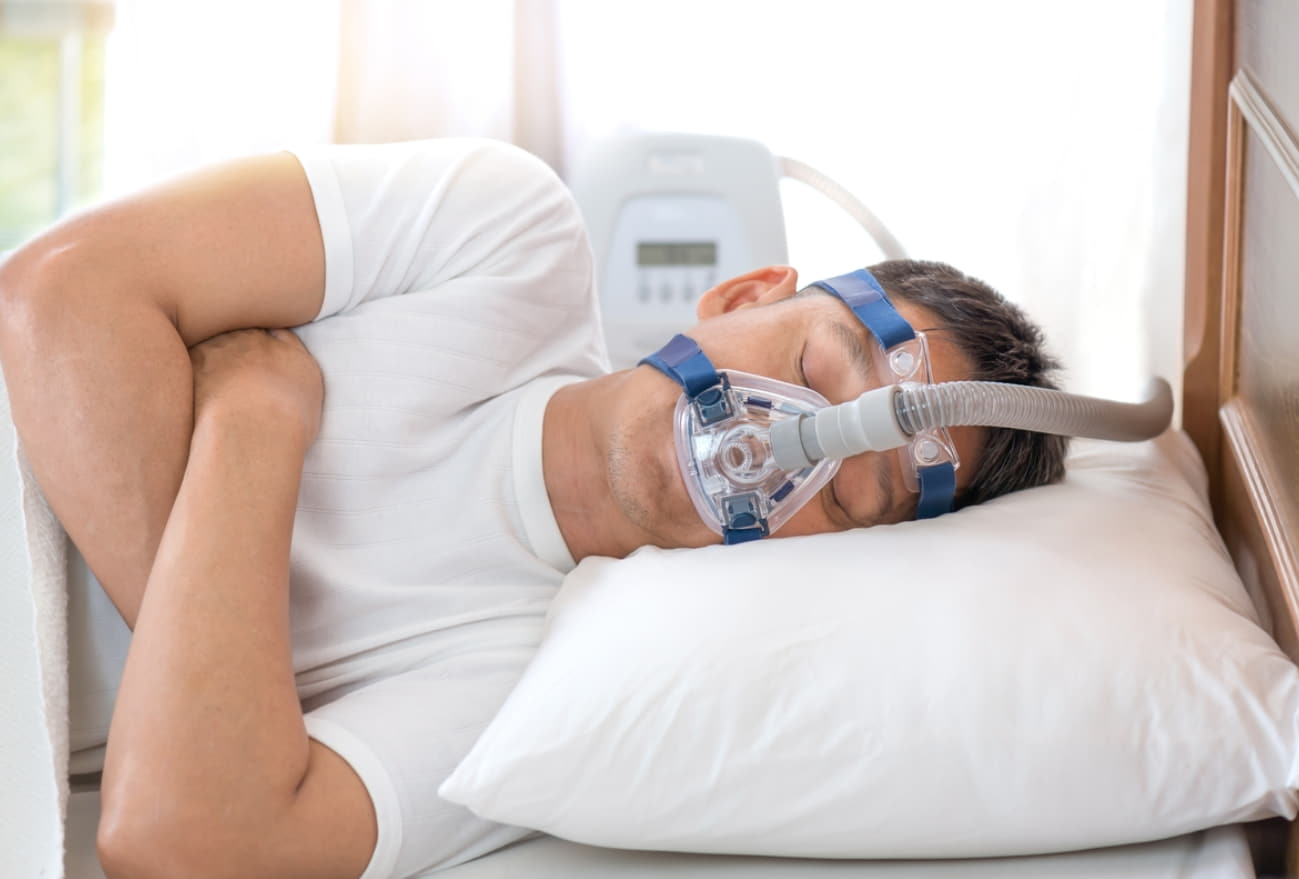Have you ever heard of the term Sleep Center Fraud? It’s quite a concerning issue that’s been gaining attention lately, and for good reason. In this post, we’re going to delve into what exactly it entails, why it’s important to be aware of it, and what you can do to protect yourself from falling victim to deceptive practices.
What Exactly is Sleep Center Fraud?
So, let’s start at the beginning. What is sleep center fraud? Essentially, it involves dishonest practices within sleep centers that can harm patients and exploit the healthcare system.
This can range from falsely diagnosing patients with sleep disorders they don’t have to prescribe unnecessary treatments or services, all for the sake of financial gain.
Think about it this way – imagine going to a sleep center because you’re having trouble sleeping, only to be told that you have a severe sleep disorder that requires expensive treatments.
But in reality, you might not even have a sleep disorder! It’s a troubling thought, but unfortunately, it’s a reality for some individuals.
How Does It Occur?
Now that we understand what sleep center fraud is, let’s take a closer look at how it actually happens. The mechanics behind Sleep clinic scams can vary, but there are a few common tactics that perpetrators might use.
For starters, there’s the issue of false diagnoses. This could involve exaggerating or fabricating symptoms to make it seem like a patient has a more serious sleep disorder than they actually do.
Then, there’s the prescription of unnecessary treatments or services. This could include things like expensive sleep studies, equipment, or medications that are optional.
Signs and Indicators
Detecting Sleep clinic scams isn’t always easy, but there are certain signs and indicators that you can watch out for. For example, if you notice discrepancies in your medical bills or insurance claims related to your sleep center visits, that could be a red flag.
Similarly, if you feel pressured to undergo treatments or services that don’t seem necessary, it’s worth questioning the recommendations and seeking a second opinion if needed.
Tips for Preventing Sleep Clinic Scam
So, what can you do to protect yourself from falling victim to sleep center fraud? Well, knowledge is power. By educating yourself about sleep disorders and the treatments available, you can better assess whether the recommendations you receive from a sleep center are legitimate.
Additionally, don’t be afraid to ask questions. If something doesn’t seem right or you’re unsure about a diagnosis or treatment plan, don’t hesitate to speak up and seek clarification. It’s your health, after all, and you have the right to be informed and involved in your care decisions.
Wrapping Up: Stay Informed, Stay Protected
In conclusion, Sleep clinic scam is a serious issue that can have far-reaching consequences for patients and the healthcare system as a whole.
By staying informed, vigilant, and proactive, you can protect yourself from falling victim to deceptive practices and ensure that you receive the quality care you deserve.
Remember, if something doesn’t seem right, trust your instincts and don’t be afraid to advocate for yourself.
Sleep is essential for our health and well-being, so don’t let dishonest practices undermine your ability to get the rest you need. Stay informed, stay protected, and sleep well!
